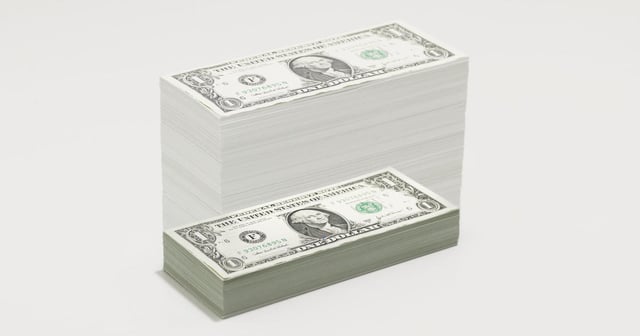Overview
- Certificates of deposit (CDs) can earn interest rates up to 5.67% on a 1-year term, yielding $1,134 on a $20,000 investment, while a 3-year CD and a 5-year CD can yield $3,551 and $5,223 respectively.
- Invested money in a CD must remain in the account for the entire term to achieve the full accrual of interest, with penalties in place for early withdrawal.
- CDs are a reliable option for people who don't need immediate access to their savings and want to avoid the risk of stock and bond investments.
- High-yield savings accounts can earn a rate of up to 5.40%, which would result in a total balance of $5,270 on a $5,000 investment after one year.
- High-yield savings accounts allow for more liquidity than CDs, making them better for people who need to access their funds within the upcoming 1-2 years, though the interest rate could be slightly lower than CDs.
- Experts recommend a balance of both, using savings accounts for short-term expenses and CDs for long-term goals, particularly for conservative investors who prefer fixed-income investments.


